Authorities detain Sonam Wangchuk under National Security Act amid Ladakh protests
Climate activist Sonam Wangchuk is held under the National Security Act amid escalating protests in Ladakh demanding statehood and Sixth Schedule protections
September 27, 2025 13:58 IST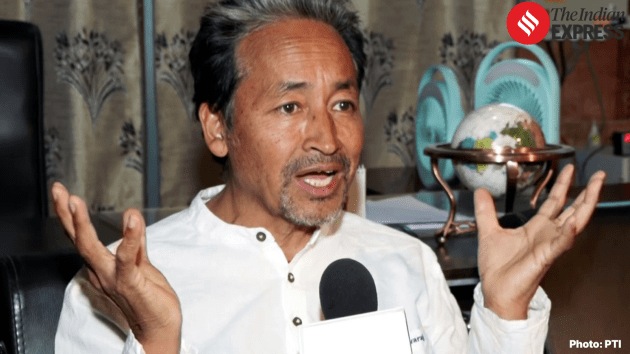 1 / 12
1 / 12Climate activist Sonam Wangchuk, who has been leading the movement for Ladakh’s statehood and inclusion under the Sixth Schedule, is detained by police in Leh under the National Security Act. (Source: Photo by PTI)
 2 / 12
2 / 12According to Wangchuk’s wife, he is transferred to Jodhpur jail on Friday, September 26, sparking concerns among supporters about the use of India’s most stringent preventive detention law (Source: Photo by PTI)
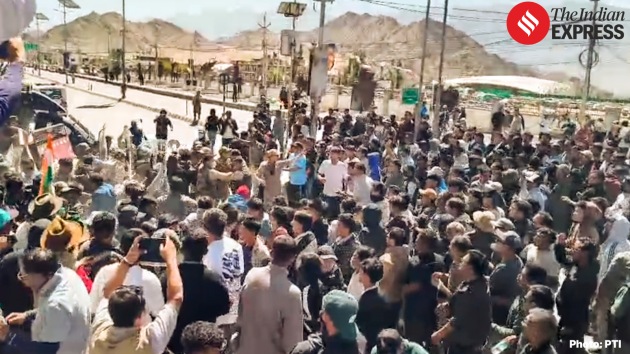 3 / 12
3 / 12The Centre blames Wangchuk for allegedly instigating violent protests in Leh earlier this week, where police firing during clashes left four people dead and more than 50 injured (Source: Photo by PTI)
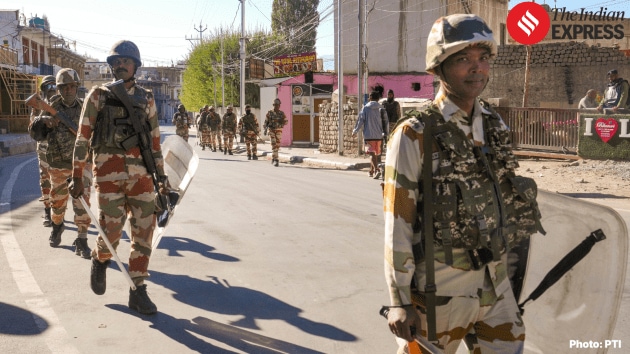 4 / 12
4 / 12The use of the National Security Act (NSA) marks a significant escalation, bringing renewed focus on India’s strict preventive detention law, long criticised for potential misuse against dissenters (Source: Photo by PTI)
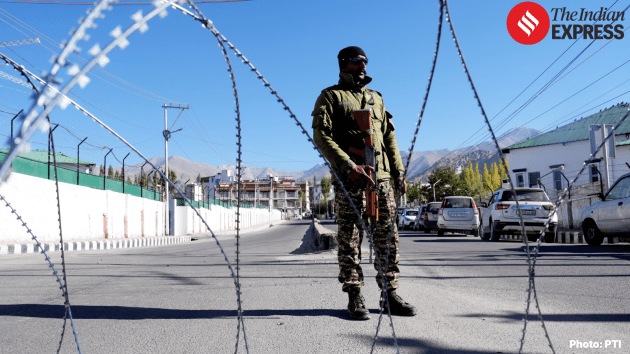 5 / 12
5 / 12Preventive detention has deep roots in India, dating back to colonial times when British rulers used it during wars to suppress voices of resistance and public dissent (Source: Photo by PTI)
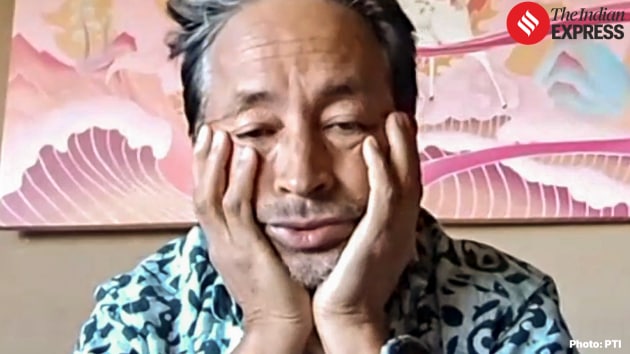 6 / 12
6 / 12Wangchuk is picked up from Leh following days of unrest, with police citing intelligence inputs that he could mobilise larger crowds and further intensify the ongoing protests (Source: Photo by PTI)
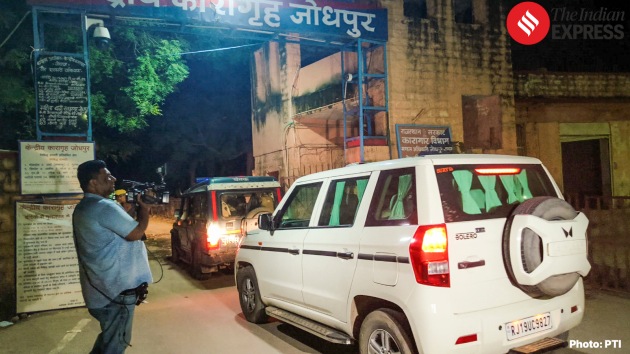 7 / 12
7 / 12He is moved out of Ladakh under heavy security and taken to Jodhpur jail in Rajasthan, a facility often used to house high-profile preventive detainees (Source: Photo by PTI)
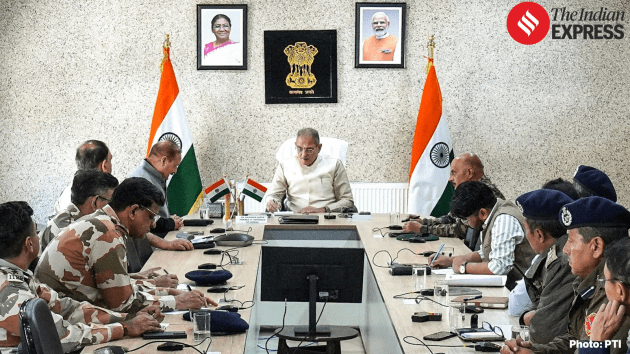 8 / 12
8 / 12Authorities defend the arrest, claiming Wangchuk’s speeches and appeals encouraged agitators to defy prohibitory orders, leading to clashes with police and damage to government property (Source: Photo by PTI)
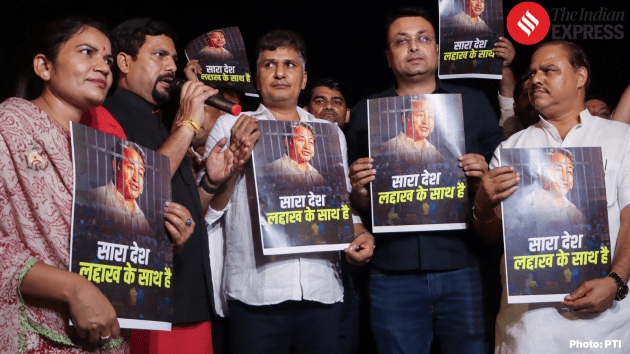 9 / 12
9 / 12Supporters, however, allege that the detention is politically motivated, aimed at silencing a peaceful movement seeking constitutional safeguards and full statehood rights for the people of Ladakh (Source: Photo by PTI)
 10 / 12
10 / 12Unlike normal arrests, detention under the NSA is preventive, not punitive. The purpose is not punishment but stopping a person from actions deemed harmful to national or public security (Source: Photo by PTI)
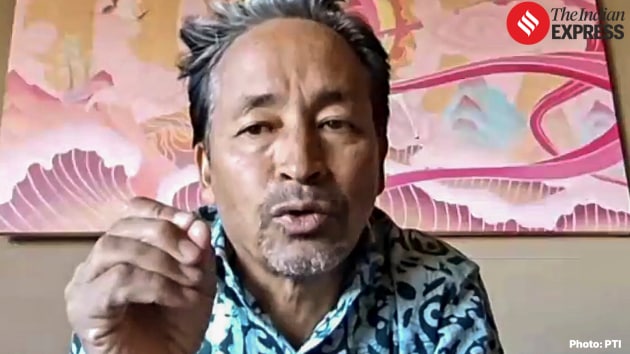 11 / 12
11 / 12Wangchuk has options to challenge his detention, including filing a representation before the government, waiting for the Advisory Board review within three weeks, or moving higher courts (Source: Photo by PTI)
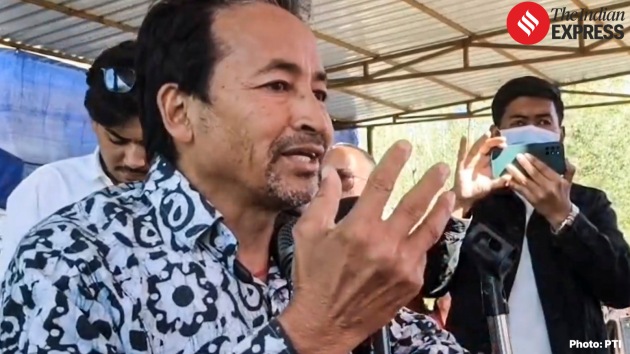 12 / 12
12 / 12Until these legal remedies unfold, the NSA allows authorities to hold Wangchuk without filing charges or presenting evidence in court, raising concerns over civil liberties and democratic dissent (Source: Photo by PTI)











